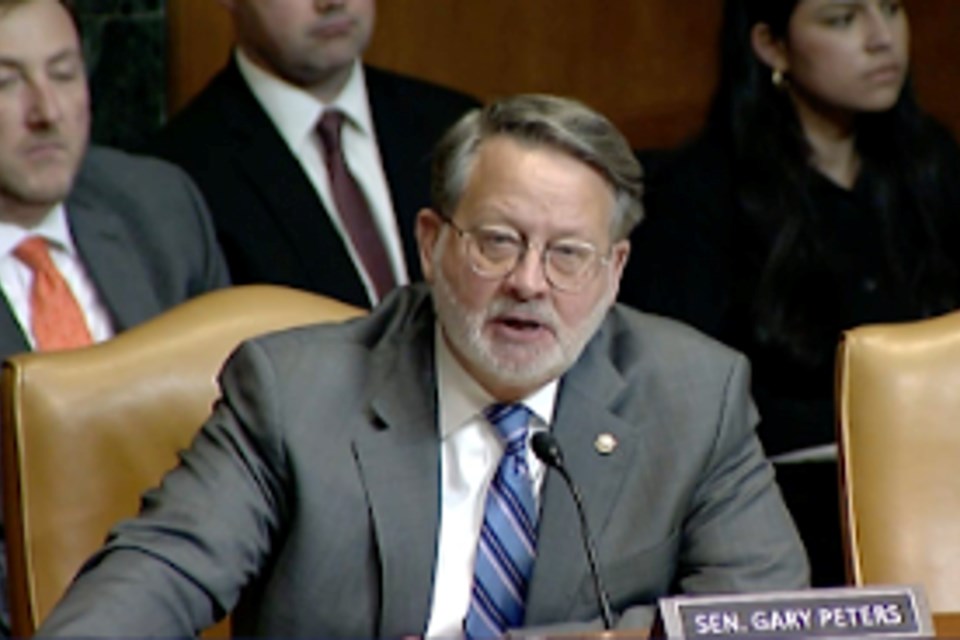NEWS RELEASE
U.S. SENATOR GARY PETERS
*************************
*************************
WASHINGTON, D.C. – U.S. Senator Gary Peters (MI), Chairman of the Homeland Security and Governmental Affairs Committee, introduced bipartisan legislation directing the Federal Emergency Management Agency (FEMA) to create a plan for the agency to effectively manage its workforce so that they are well-equipped to help communities deal with natural disasters.
FEMA has faced challenges deploying staff with the proper training and skills needed to best address different natural disasters across the country.
This legislation would improve FEMA’s employee recruitment and retention efforts, develop strategies to train and deploy their workforce in efficient ways, and utilize data to address and fix staffing gaps.
“When natural disasters strike, FEMA is on the frontlines to help communities recover. This agency must ensure it has the workforce in place to meet the needs of any disaster,” said Senator Peters. “My bipartisan bill will ensure FEMA is properly staffed to provide reliable assistance to survivors of natural disasters.”
The Government Accountability Office (GAO) found that FEMA faced challenges deploying staff with the right skills and training to meet the specific needs of communities impacted by natural disasters.
For example, at the height of workforce deployments in October 2017, GAO found that 54 percent of staff were serving in a capacity in which they were not formally certified according to FEMA’s qualification system standards. When natural disasters hit, FEMA must ensure it has a strong workforce in place to provide reliable service.
The bipartisan Federal Emergency Mobilization Accountability (FEMA) Workforce Planning Act would require FEMA to submit a human capital operating plan to Congress one year after enactment and every three years thereafter. The plan must include specific retention and recruitment goals, strategies to train and deploy the workforce, and analysis of the current workforce, including gaps that need to be addressed. Additionally, the bill would require GAO to audit the plan within 6 months of submission to analyze whether it meets the requirements set in law, and, if not, offer recommendations to ensure subsequent plans do.
*************************



